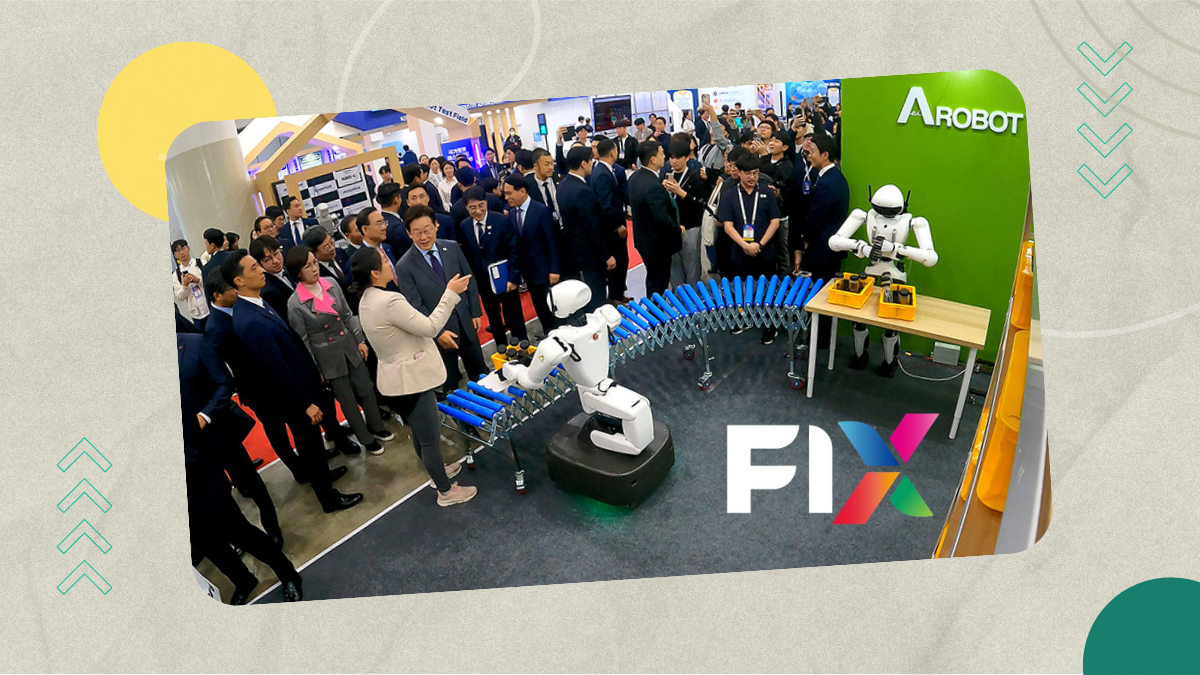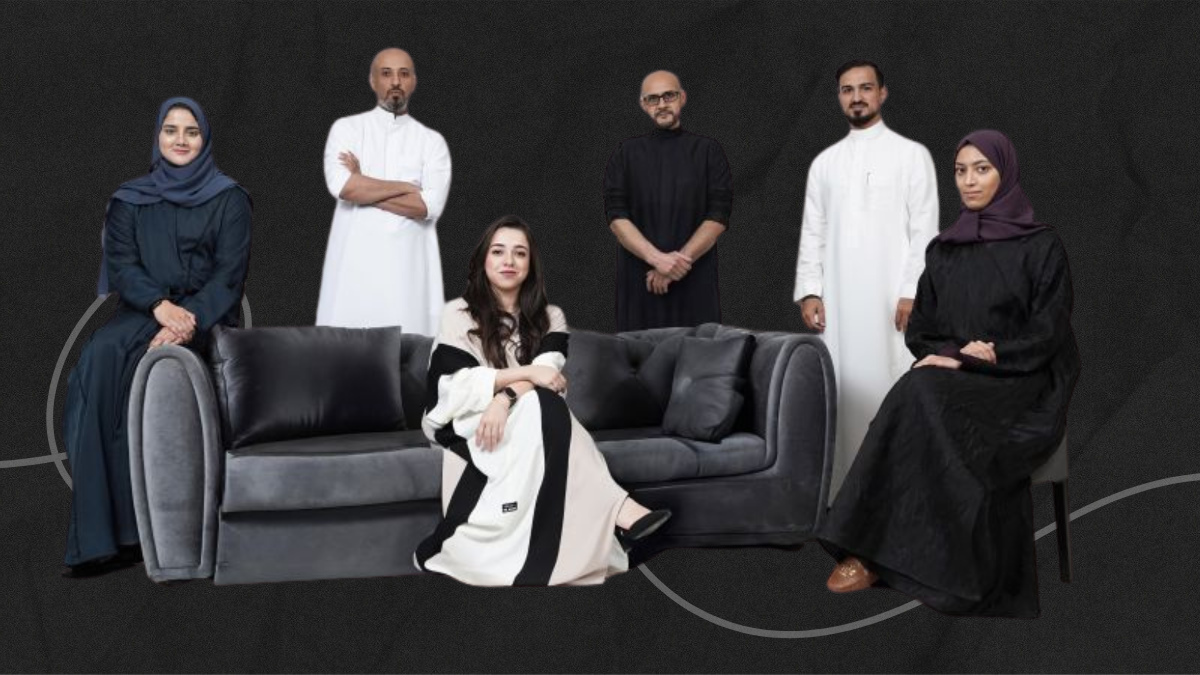BMEC Imaging Invests $4.5M in Egypt’s Medtech Manufacturing Hub

3 min
BMEC Imaging invests $4,5 million to establish a high-end facility in Ain Sokhna, Egypt.
The project focuses on new and remanufactured medical equipment, supporting sustainable industry practices.
SCZONE aims to transform Egypt into a regional leader in medical technology production.
The facility will serve as a hub for technology transfer and local talent development.
Egypt's remanufacturing focus is set to boost medtech innovation in the MENA region.
It looks like Egypt’s Suez Canal Economic Zone (SCZONE) keeps snagging big-ticket projects — and the latest one’s a bit of a game-changer for the medical tech scene. BMEC Imaging is pumping in roughly $4.5 million (around EGP 214.6 million) to set up a high-end manufacturing and remanufacturing facility in Ain Sokhna.
The plan? To start producing advanced medical equipment like X-ray tubes, dialysis machines, and imaging systems, while also giving older high-tech devices such as MRI scanners, LINAC systems, and PET CTs a new lease of life through remanufacturing. It’s the kind of circular innovation that could cut both costs and electronic waste, and it definately fits neatly with Egypt’s ongoing shift towards smart, sustainable industry.
The signing ceremony drew familiar faces — Walid Gamal El-Din, who heads the SCZONE, and BMEC Imaging Egypt’s chair Mohamed Salah among them. El-Din made it clear the initiative isn’t just about another factory. It’s about turning Egypt into a regional player for medical technology, with local engineers and technicians leading production rather than relying heavily on imports. “With our infrastructure and port access, we can anchor high-value industries right here,” he said in remarks carried by local outlets. Fair point — the zone sits strategically at the crossroads of Africa, the Middle East, and Europe, which makes exporting a doddle.
Salah, for his part, was chuffed to bits about the deal. He spoke about the facility acting as a hub — not just for making things, but for sharing know-how and boosting local talent. “This is about technology transfer and skills,” he noted, and you could tell he sees it as much more than a business move. To be honest, I reckon Egypt’s focus on remanufacturing could become one of its strongest cards. Most startups Arageek has seen emerging in medtech still import parts from Europe or Asia, and that’s always been a bit of a faff for cost and logistics.
BMEC Imaging itself started out in India and now has operations stretching from Dubai and Nigeria to Nepal and Egypt. Expanding here feels like a natural next step for a company that’s already proven it can balance profit with sustainability. On the flip side, it’ll have to navigate Egypt’s industrial bureaucracy — no mean feat — but the potential rewards are massive if the zone keeps clearing red tape.
When you take a step back, what’s happening in Ain Sokhna isn’t just isolated progress. It hints at Egypt’s bigger bet: turning industrial modernisation into both a jobs engine and a tech magnet for the wider MENA region. That’s spot on with the momentum we’ve been watching at Arageek — and believe it or not, this could well be the spark that pushes a new wave of medtech entrepreneurs to take the plunge locally.
🚀 Got exciting news to share?
If you're a startup founder, VC, or PR agency with big updates—funding rounds, product launches 📢, or company milestones 🎉 — AraGeek English wants to hear from you!
✉️ Send Us Your Story 👇
 LEAP26
LEAP26 AI
AI Saudi Arabia
Saudi Arabia UAE
UAE Egypt
Egypt








